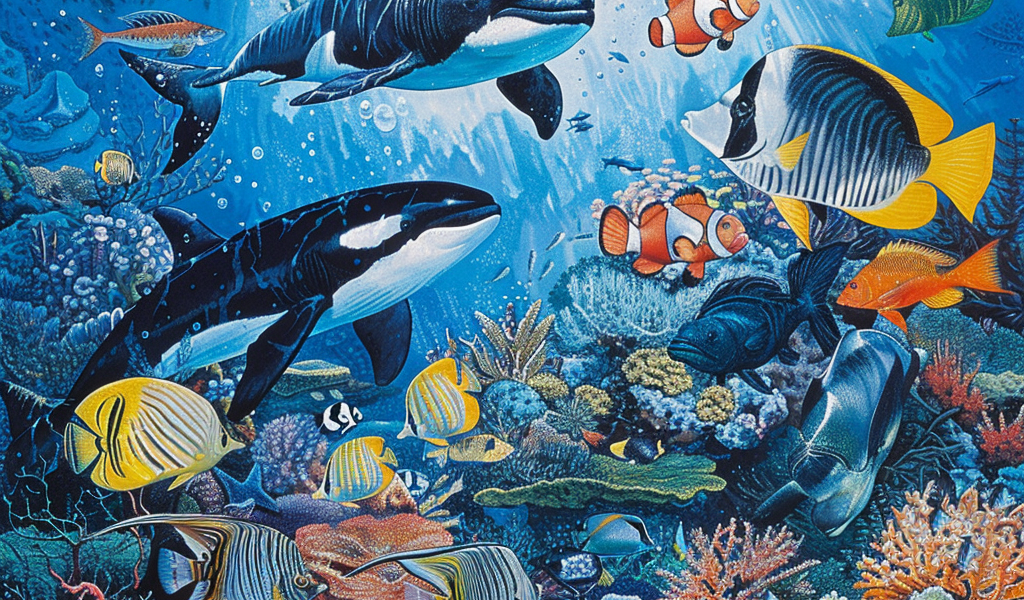The hidden impacts of ocean warming and acidification on the biological responses of marine animals have been revealed through a groundbreaking meta-analysis. The study, conducted by Katharina Alter, Juliette Jacquemont, Joachim Claudet, María E. Lattuca, María E. Barrantes, Stefano Marras, Patricio H. Manríquez, Claudio P. González, Daniel A. Fernández, Myron A. Peck, Carlo Cattano, Marco Milazzo, Felix C. Mark, and Paolo Domenici, was published in the prestigious journal Nature Communications.
Conflicting results have persisted regarding the impacts of climate change on marine organisms, making it challenging to predict the future state of marine ecosystems. To address this, the researchers developed a meta-analytical approach based on the deviation of responses from reference values, complementing traditional meta-analyses of directional changes in responses. Their approach evaluated the responses of fish and invertebrates to warming and acidification, revealing significant deviations in twice as many biological responses, including physiology, reproduction, behavior, and development, compared to directional changes alone.
The study found that climate drivers induce directional changes in calcification, survival, and metabolism, while also triggering widespread deviations in biological responses, even under moderate intensity levels of warming and acidification. This discovery suggests that climate change may have stronger impacts than previously predicted based on directional changes alone, potentially leading to ecological shifts that impact ecosystem structures and processes.
The rapid increase in atmospheric carbon dioxide is altering the climate at an unprecedented rate, with profound consequences for global biodiversity and human well-being. Ocean warming, ocean acidification, and deoxygenation represent the three greatest climatic threats to marine life. The study emphasizes that the effects of these drivers have been observed not only at the organism level but also at the scale of entire ecosystems.
The findings of this meta-analysis shed light on the urgent need for proactive measures to mitigate the impacts of climate change on marine life. Understanding the hidden impacts of ocean warming and acidification is crucial for developing effective strategies to preserve marine ecosystems and the biodiversity they support.





